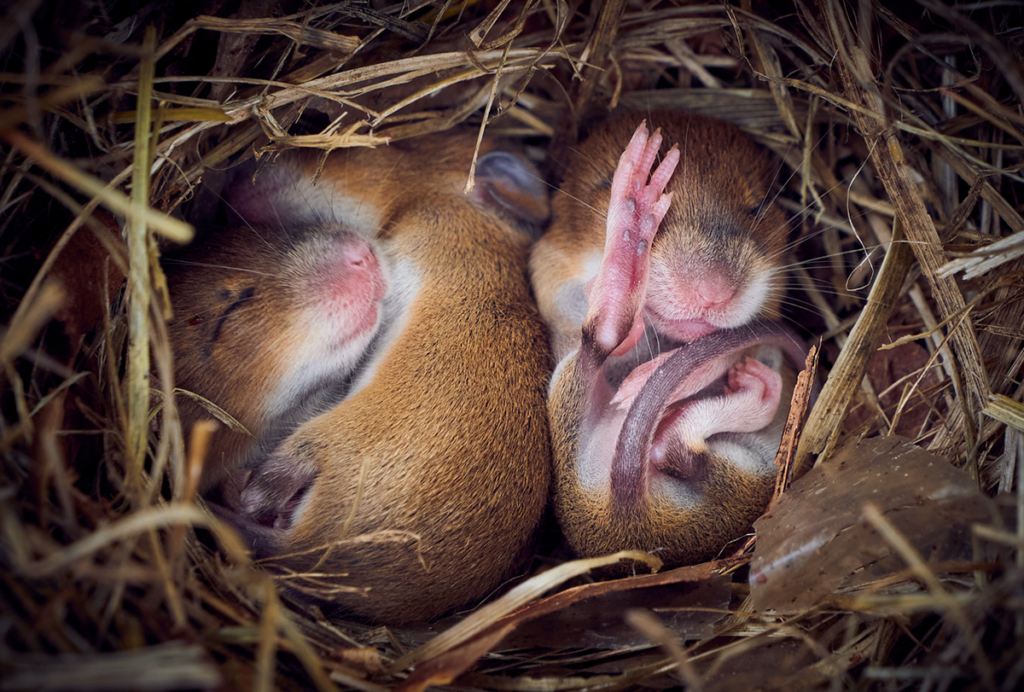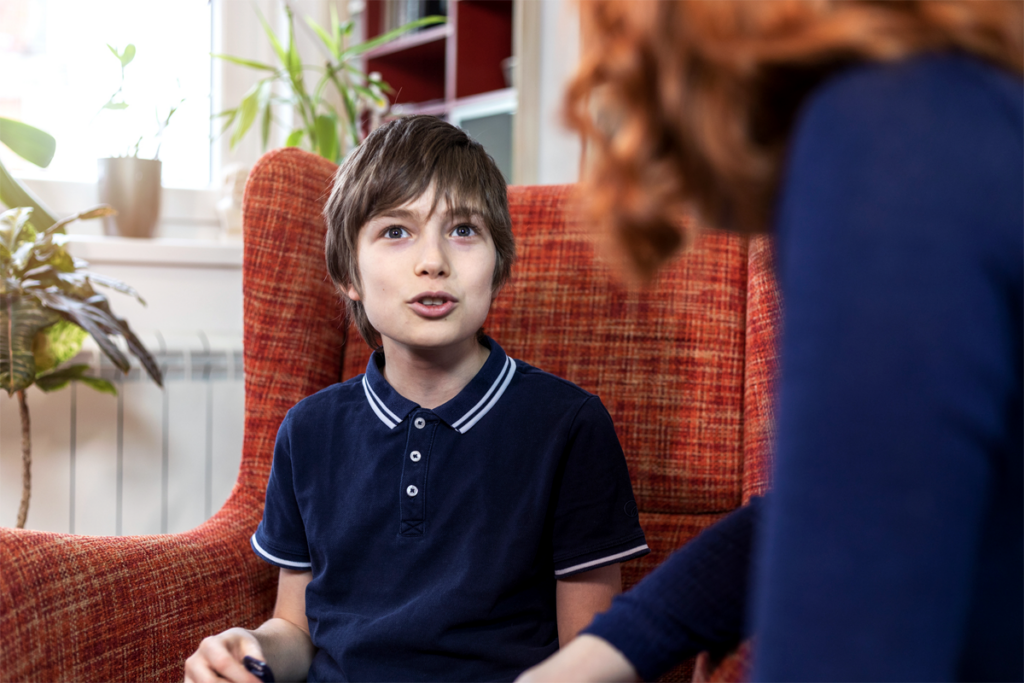Social behaviors
Recent articles
Soft touch quells loneliness in mice
Touch modulates one of two dueling types of hypothalamic neurons that, thermostat-like, balance an animal’s drive for social interaction.

Soft touch quells loneliness in mice
Touch modulates one of two dueling types of hypothalamic neurons that, thermostat-like, balance an animal’s drive for social interaction.
AI tool estimates social ability by analyzing speech
The system’s code and training data—drawn from one of the largest databases of speech recordings from autistic people—are openly available.

AI tool estimates social ability by analyzing speech
The system’s code and training data—drawn from one of the largest databases of speech recordings from autistic people—are openly available.
Explore more from The Transmitter
Machine learning spots neural progenitors in adult human brains
But the finding has not settled the long-standing debate over the existence and extent of neurogenesis during adulthood, says Yale University neuroscientist Juan Arellano.

Machine learning spots neural progenitors in adult human brains
But the finding has not settled the long-standing debate over the existence and extent of neurogenesis during adulthood, says Yale University neuroscientist Juan Arellano.
Xiao-Jing Wang outlines the future of theoretical neuroscience
Wang discusses why he decided the time was right for a new theoretical neuroscience textbook and how bifurcation is a key missing concept in neuroscience explanations.
Xiao-Jing Wang outlines the future of theoretical neuroscience
Wang discusses why he decided the time was right for a new theoretical neuroscience textbook and how bifurcation is a key missing concept in neuroscience explanations.
Memory study sparks debate over statistical methods
Critics of a 2024 Nature paper suggest the authors failed to address the risk of false-positive findings. The authors argue more rigorous methods can result in missed leads.

Memory study sparks debate over statistical methods
Critics of a 2024 Nature paper suggest the authors failed to address the risk of false-positive findings. The authors argue more rigorous methods can result in missed leads.